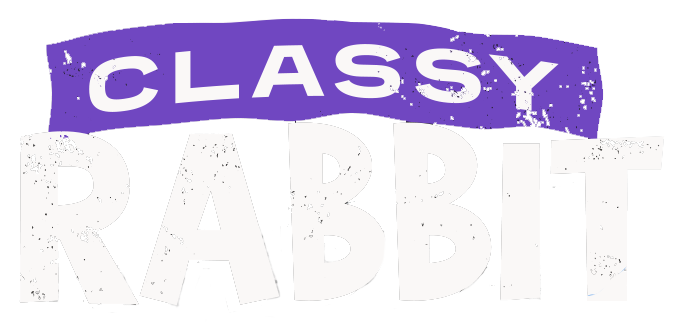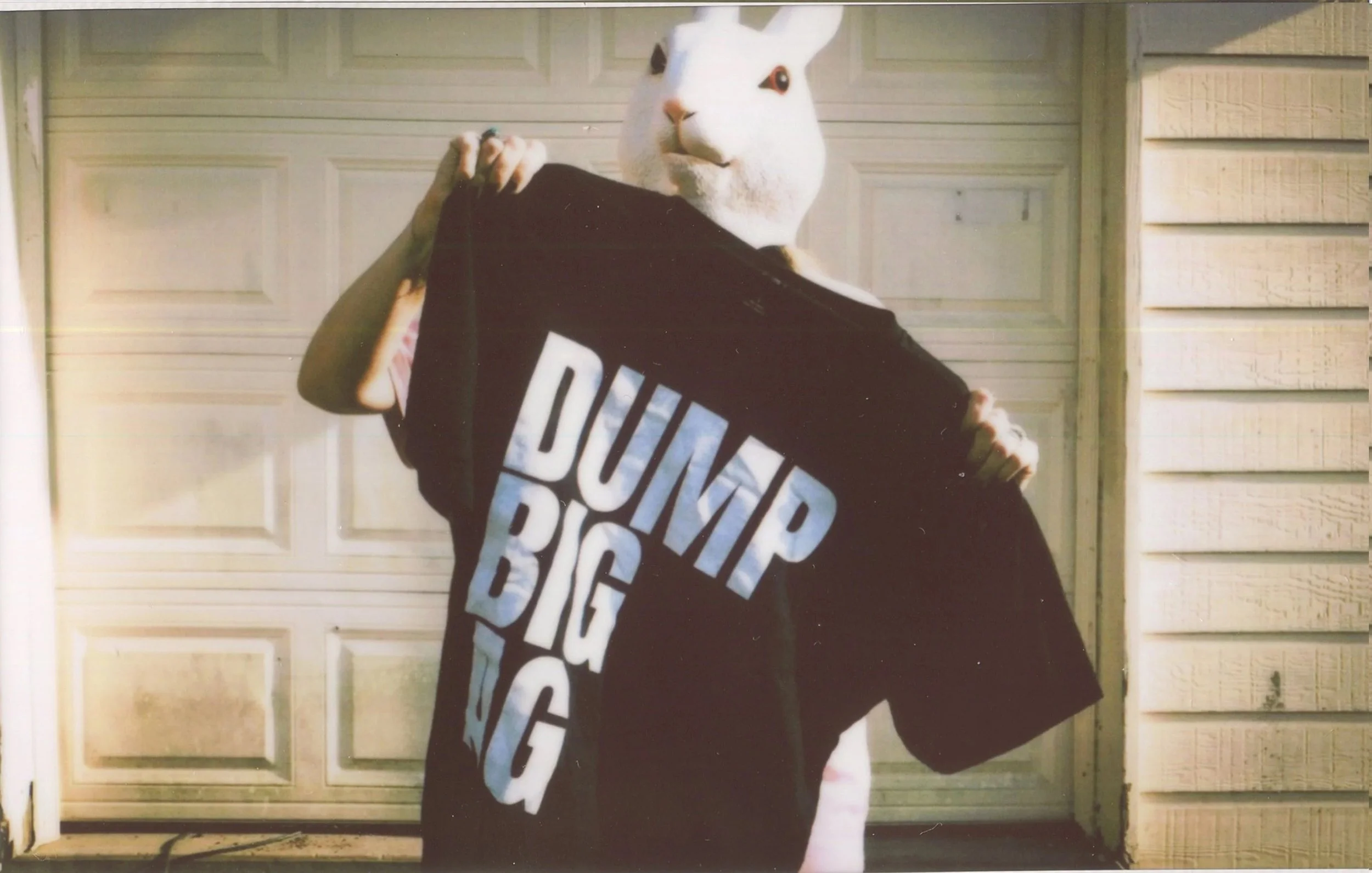Why We skip the “Organic” label bs
Let’s get something straight: organic has never meant what you think it means. Not now, not back when the government slapped a shiny sticker on it. Even Dan Glickman—the USDA guy who rolled it out—admitted it: “The organic label is a marketing tool. It is not a statement about food safety. Nor is ‘organic’ a value judgement about nutrition or quality.” Translation? It’s a sales pitch dressed up as virtue.
That’s why we’ve never used it. We’re not here to play pretend. On our packaging we even say it out loud: “Organic has become the yoga pants of the home gardening world—everyone’s wearing them even if they’ve never seen a yoga mat.” Looks good in public, doesn’t mean much in practice.
Want proof? I once bought an “organic” bell pepper. Sliced it open. No seeds. Maybe it passed some checklist according to some government lab, but you don’t need a PhD in agriculture to know something’s off when nature forgets to do her job. Later, in my work as a policy researcher, I learned what I already suspected: “organic” is a loophole buffet. And guess who’s holding the plate? Not you.
Here’s the fine print: “organic” doesn’t mean pure. It means less poison than the non-organic stuff. That’s it. It’s the dietary equivalent of saying, “Don’t worry—this cigarette has fewer chemicals.” Congratulations, you’re still smoking.
So no, we won’t sell you a label. We’ll sell you poop. Because labels don’t grow plants. Carbon does. Soil does. Remember, kids: don’t trust your government—trust rabbit poop.

